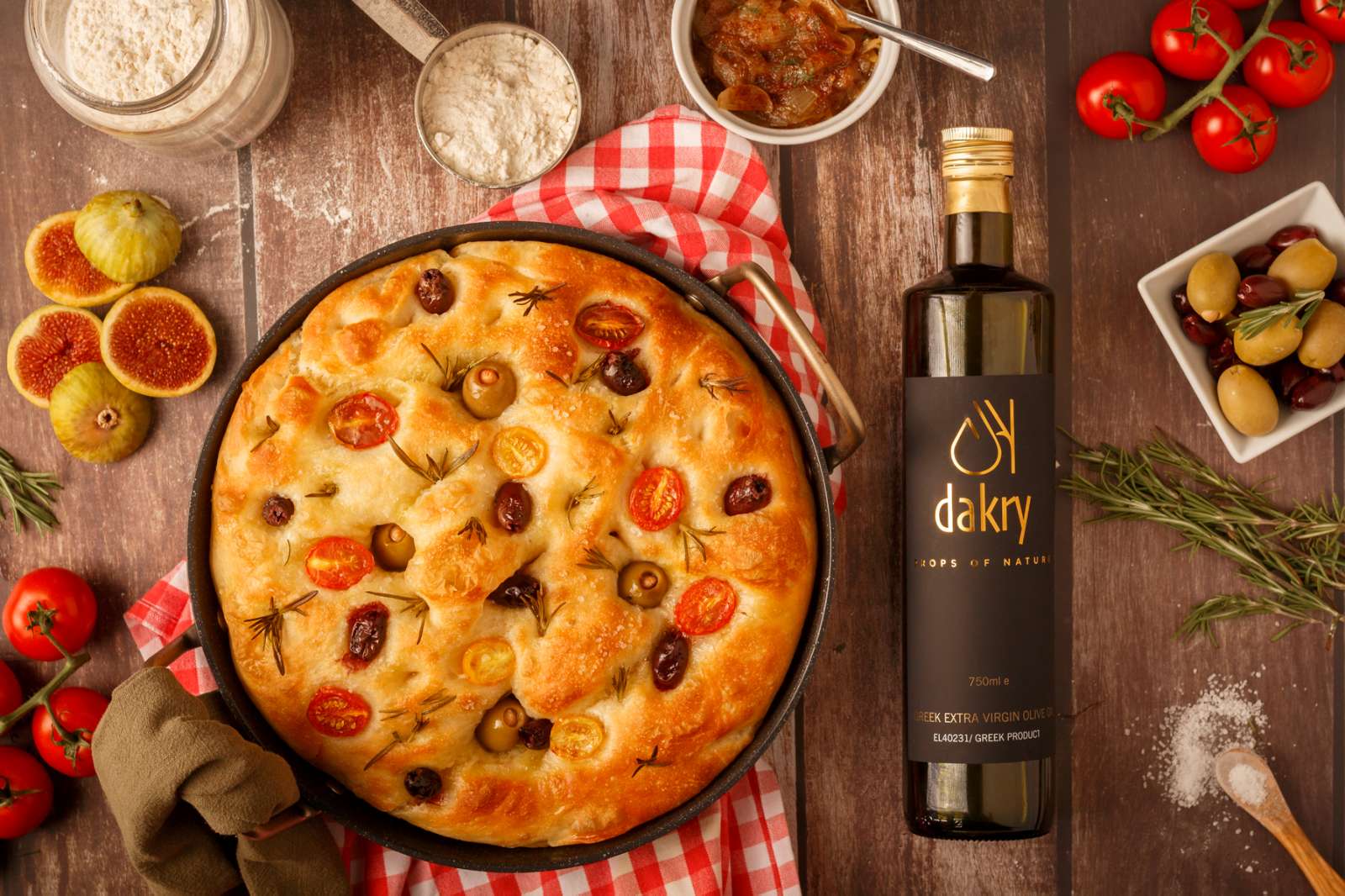Join our Newsletter
Ethnarxou Makariou 149, 17235, Dafni, Greece | info@dakryolive.com

Extra virgin olive oil is a type of oil that comes from the first pressing of the olive tree, resulting in a high quality product with a distinctive taste and aroma. It is considered one of the healthiest oils available, as it is rich in antioxidants and monounsaturated fats, which can help reduce inflammation and reduce the risk of heart disease. In addition, extra virgin olive oil is a key component of the Mediterranean diet, which has been proven to have many health benefits. When buying extra virgin olive oil, it is important to look for trusted brands that are certified by organizations to ensure its quality and authenticity. Overall, incorporating extra virgin olive oil into your diet can provide many health benefits and improve the taste of your meals.
a brief explanation of the concept of acidity
The level of acidity in olive oil serves as a determining factor for its quality, epitomizing its excellence. The acidity of olive oil depends on the presence of free fatty acids, where an increased acidity means a surplus of these acids. In general, olive oils that exude delightful aromas and flavours are characterised by a minimum level of acidity, below 0.8%.
Do the colours of olive oil matter?
According to experts, the colour of olive oil is determined solely by the chlorophyll content and does not affect the overall quality or nutritional value of the oil.